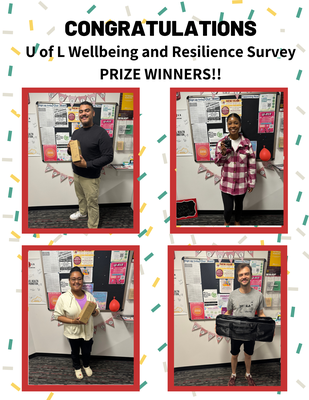Connectedness
We live in the age of social media. It’s easy to be seduced by distractions competing for our attention. Here’s the ironic problem: the more we connect to our devices, the less connected we are with the people right in front of us. Further, we lose connection with our natural environments.
Cultivating supportive social relationships is critical to our well-being. In fact, according to data from the CDC, having supportive relationships is one of the strongest predictors of wellbeing. Social relationships—both quantity and quality— have notably positive effects on our mental and physical health.
Take this wellbeing challenge: think about the different types of relationships in your life—family, friends, faculty and romantic partner(s), to name a few. How do you feel when you’re around them? How much do they affirm and support your personal and academic goals? While there are some things we don’t have control over, like our family of origin, we do get to choose our friends, our social organizations, our church, and the quantity and quality of the time spent with those people. The science is sound—the more positive, caring relationships you have in your life, the healthier and happier you are!
Check out some of the links below for more information and ways to strengthen your connectedness!
https://greatist.com/happiness/stay-happy-and-healthy-eating-friends
https://www.cdc.gov/hrqol/wellbeing.htm#five
https://www.ted.com/talks/brene_brown_on_vulnerability
https://greatergood.berkeley.edu/article/item/happiness_is_being_socially_connected

